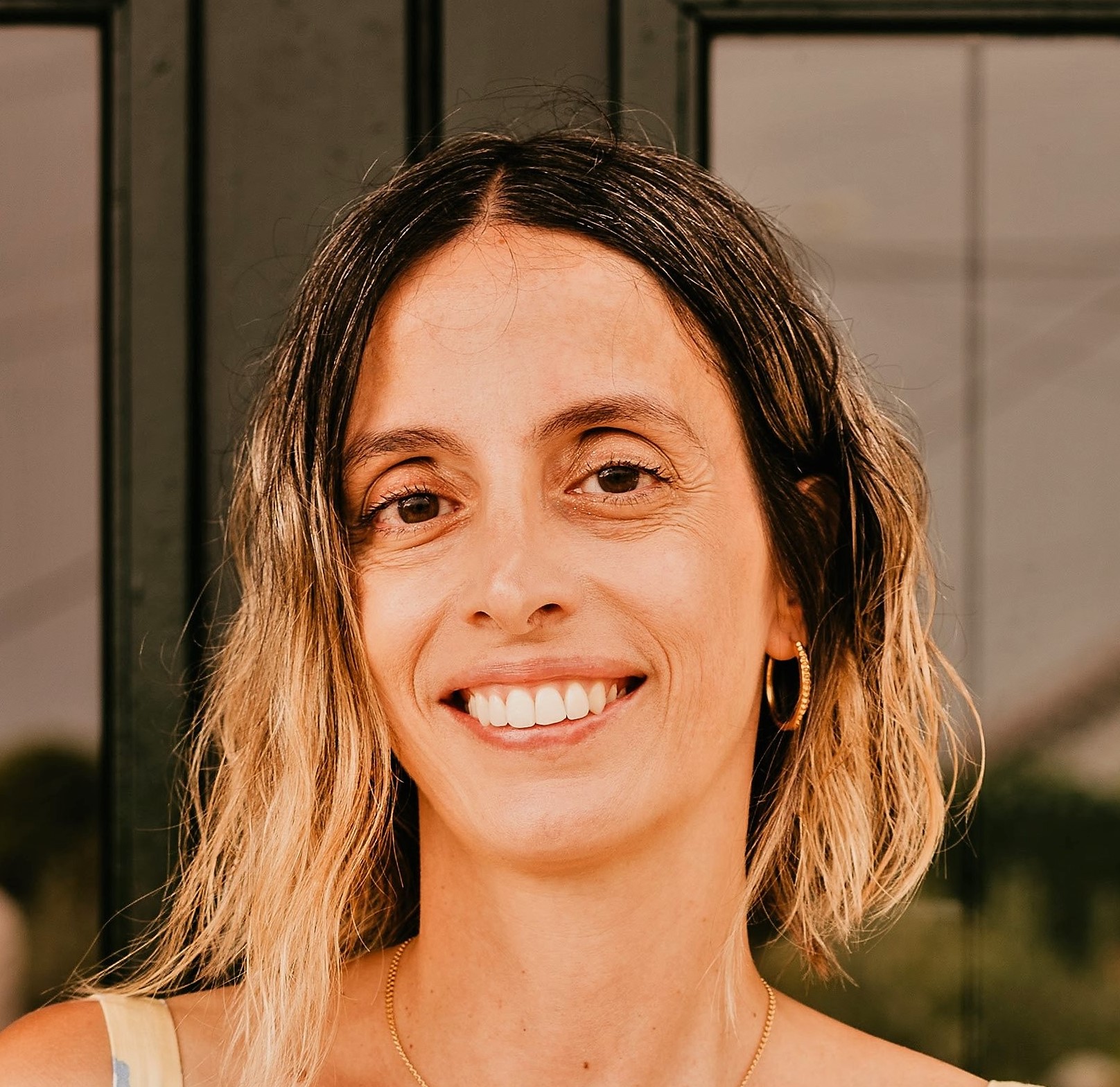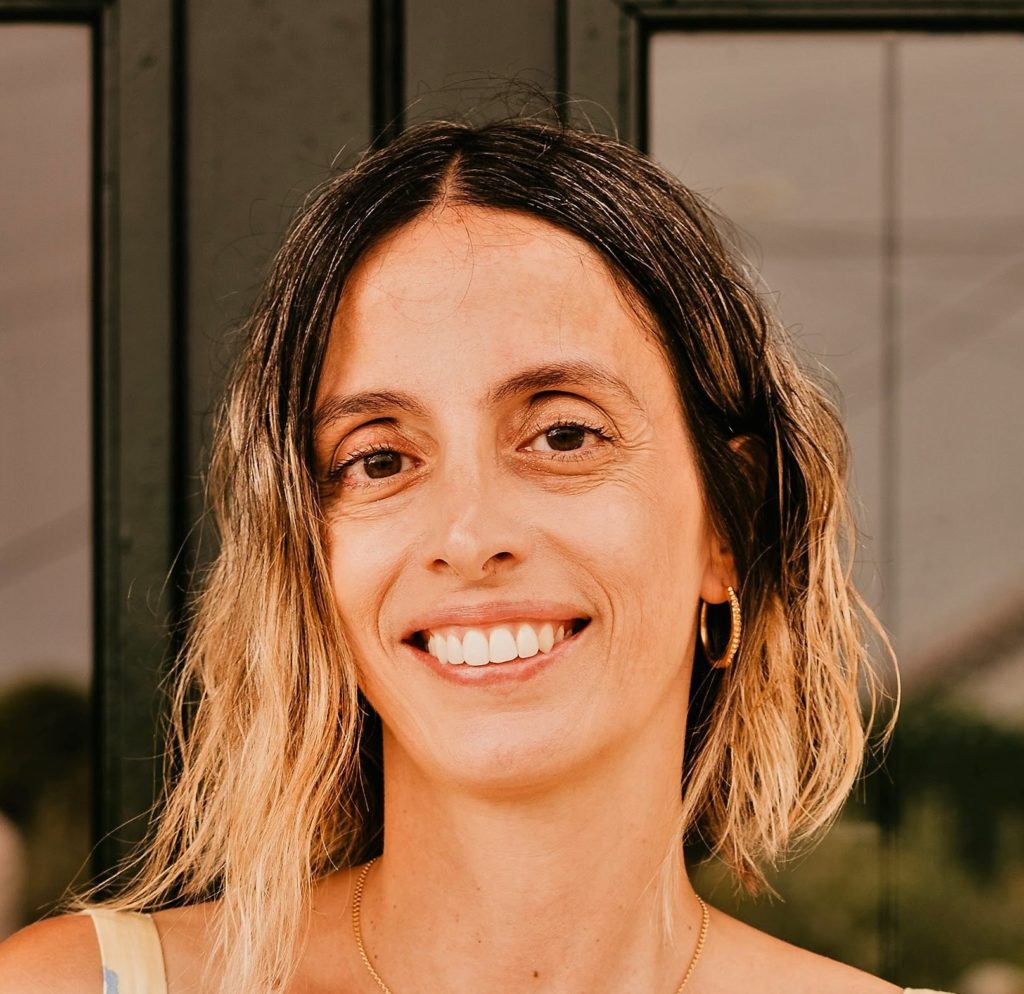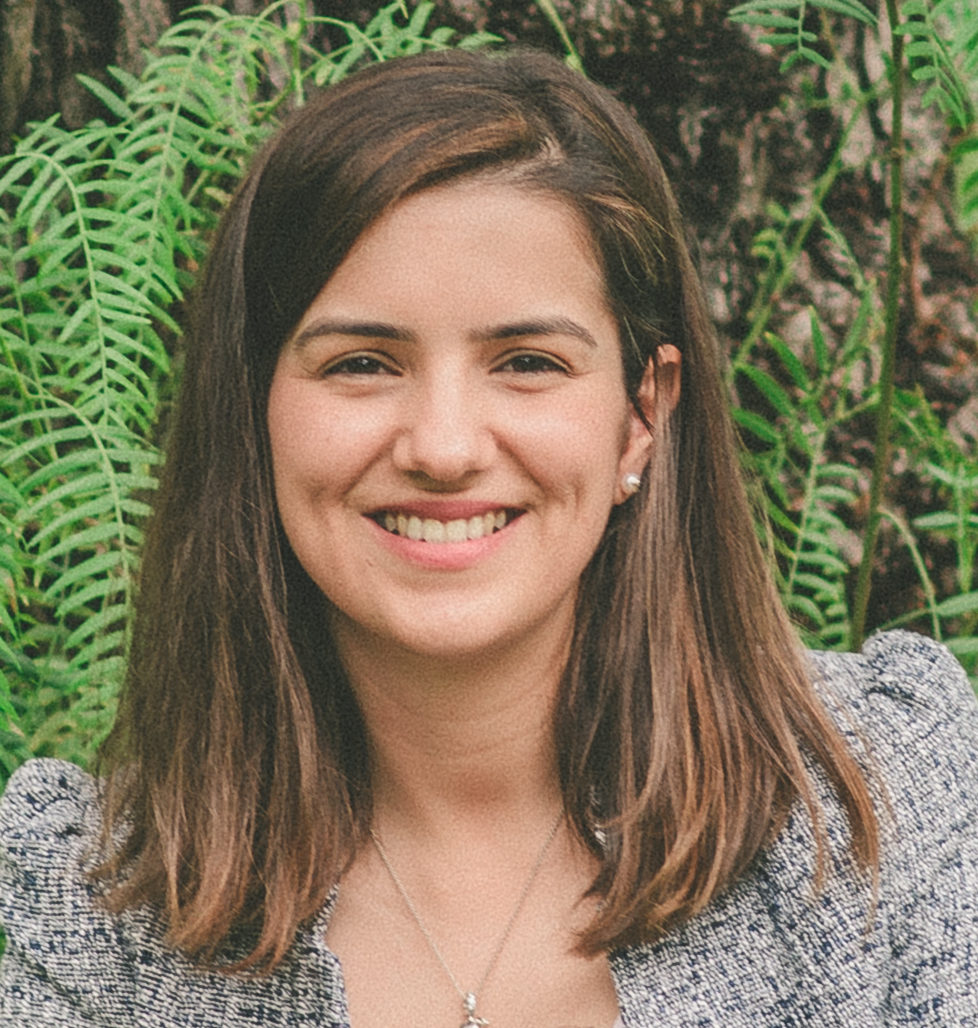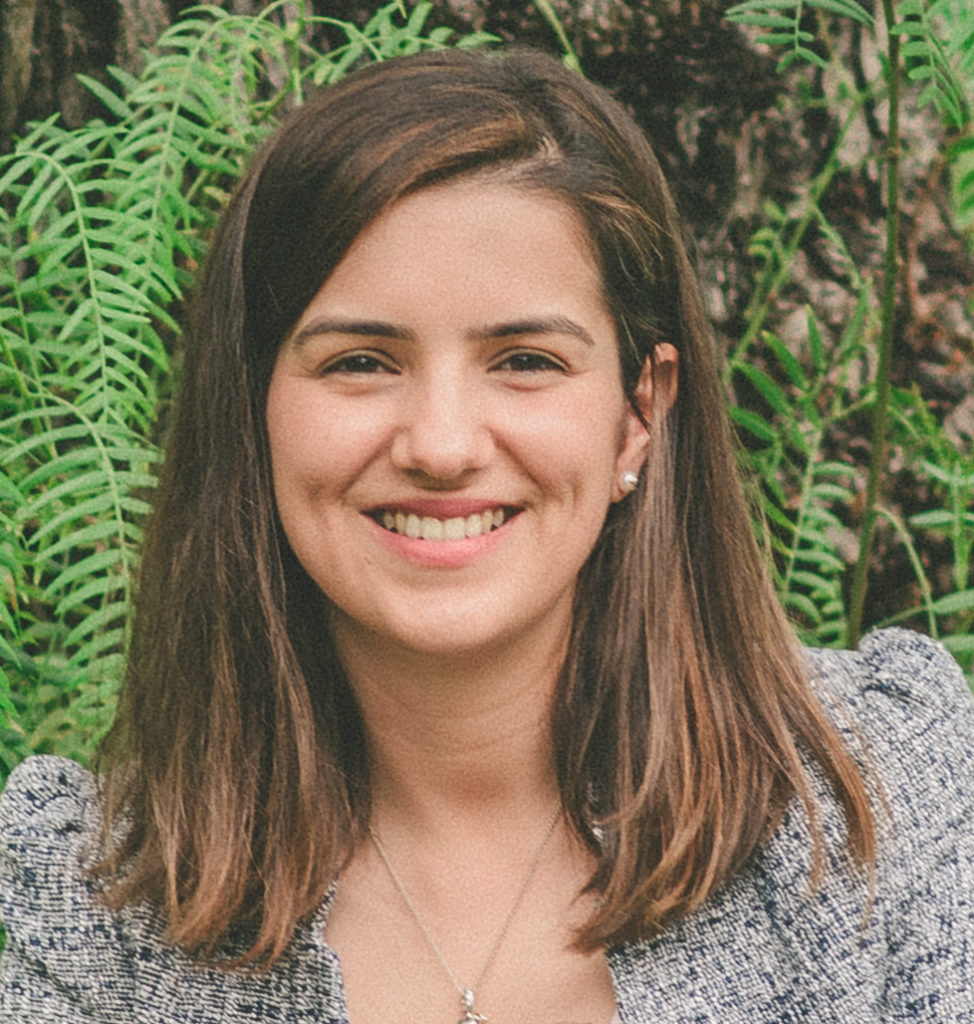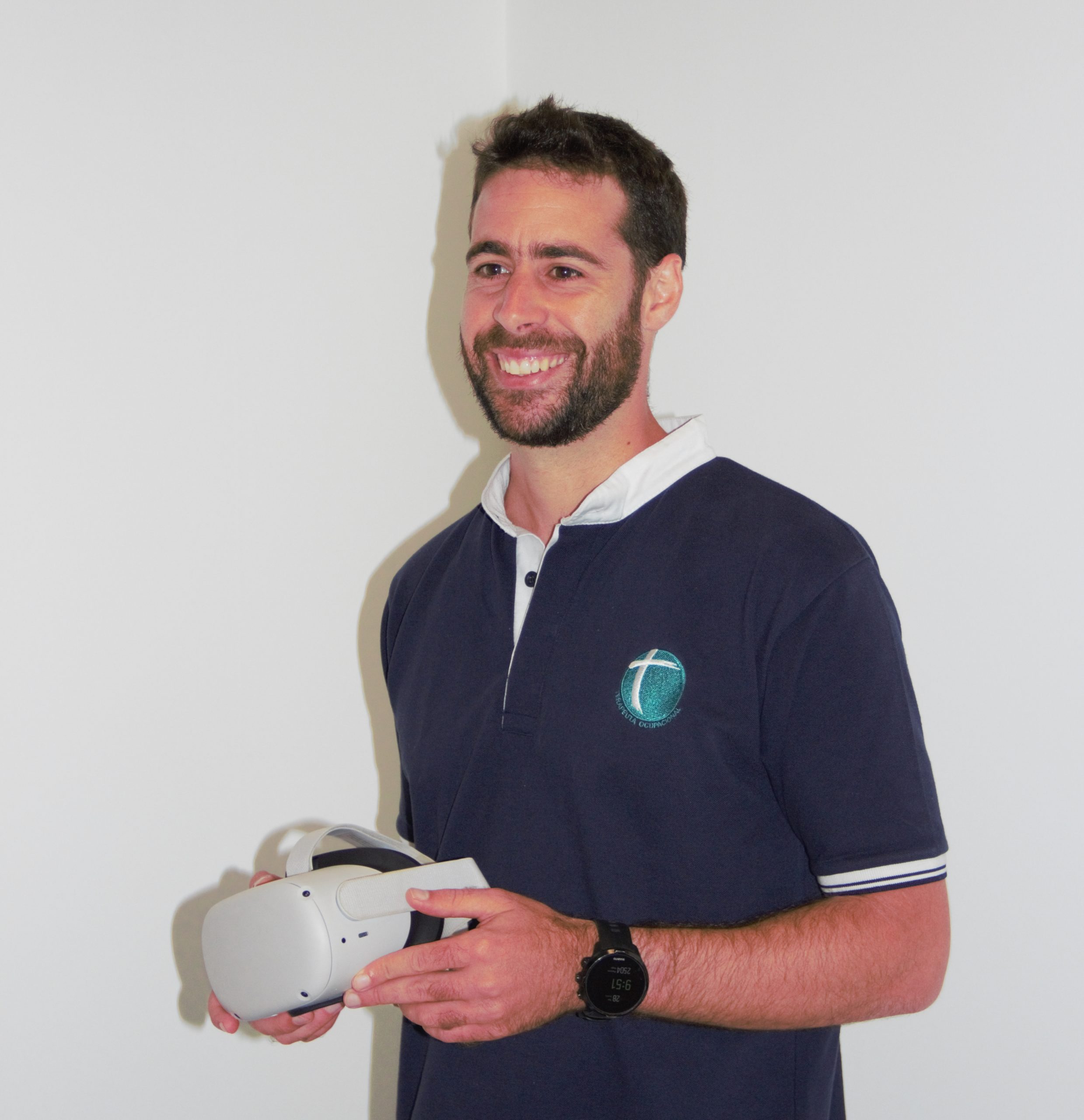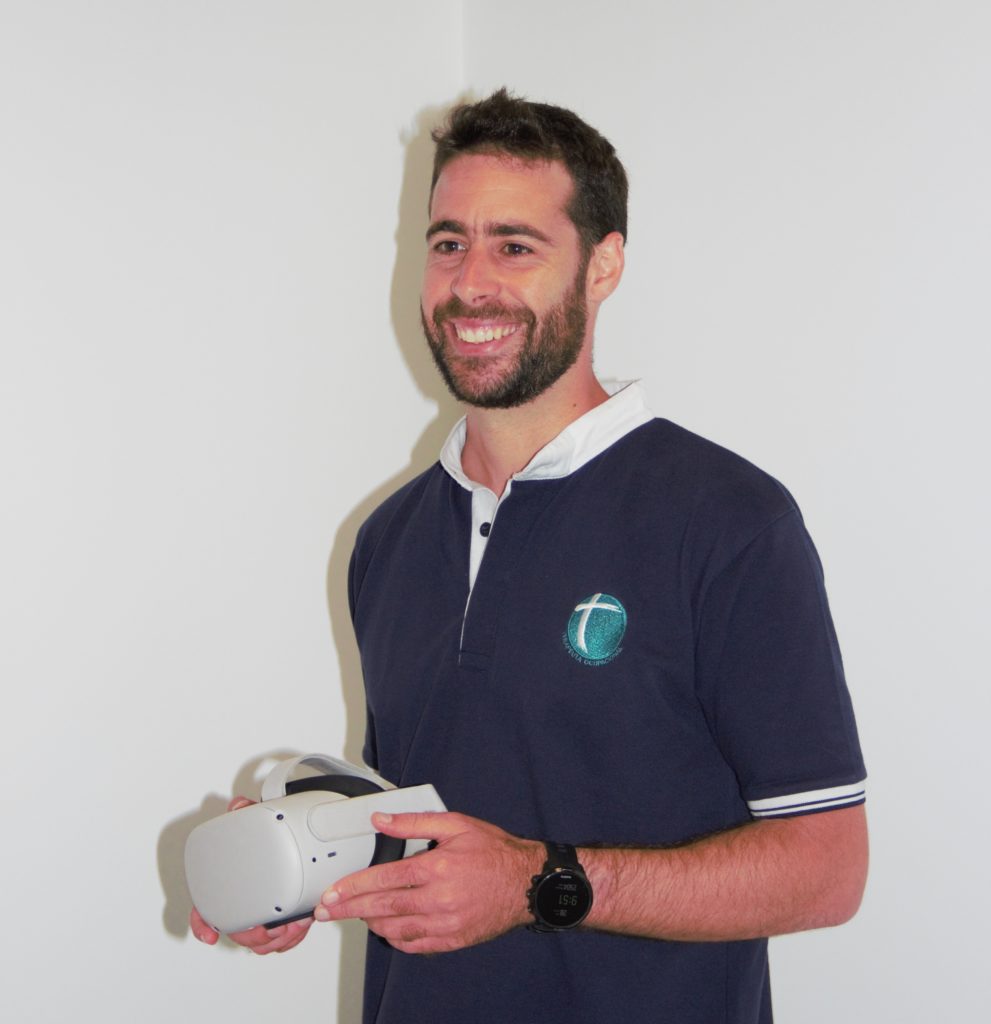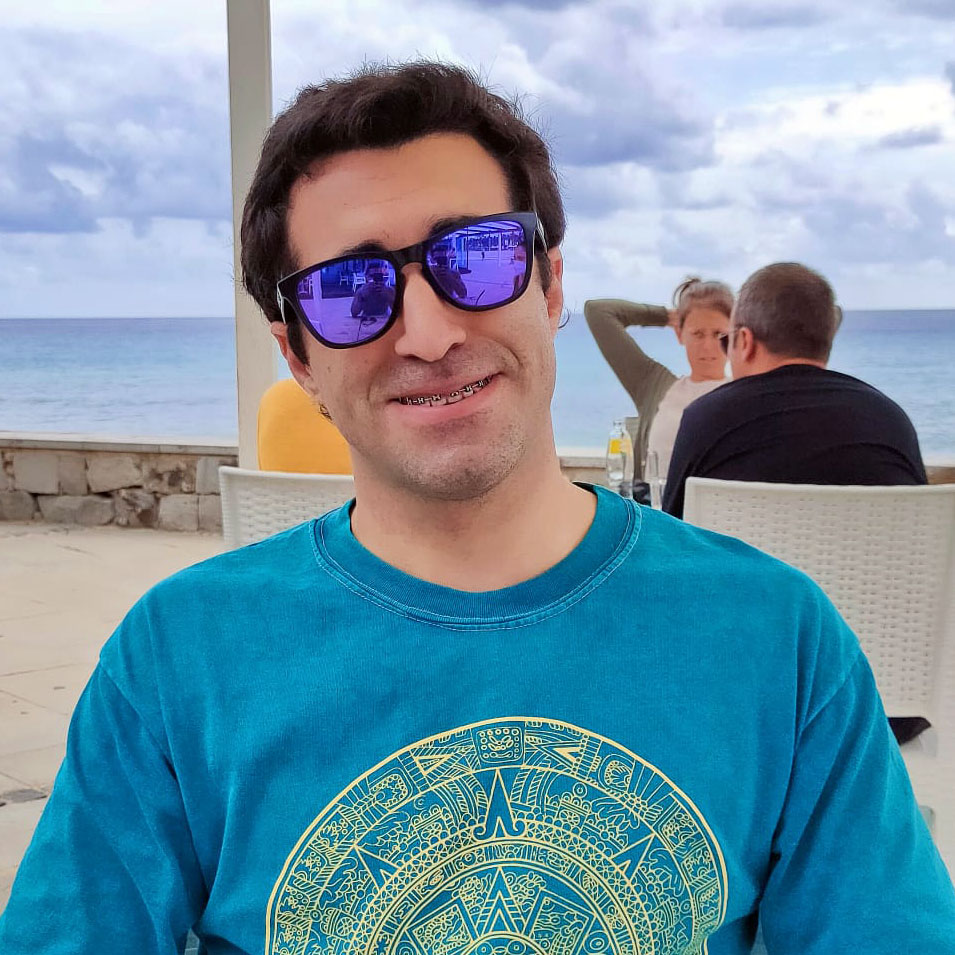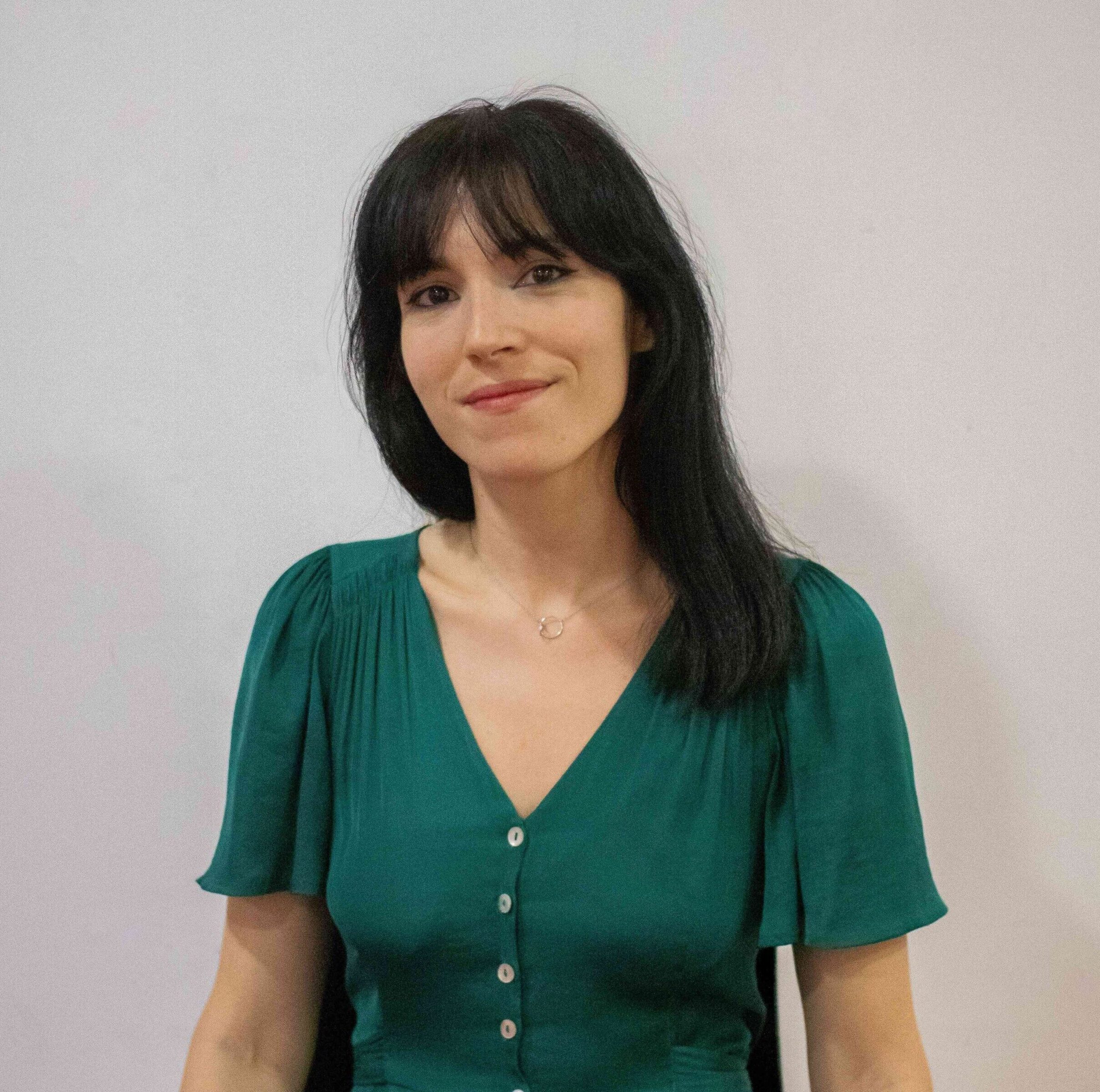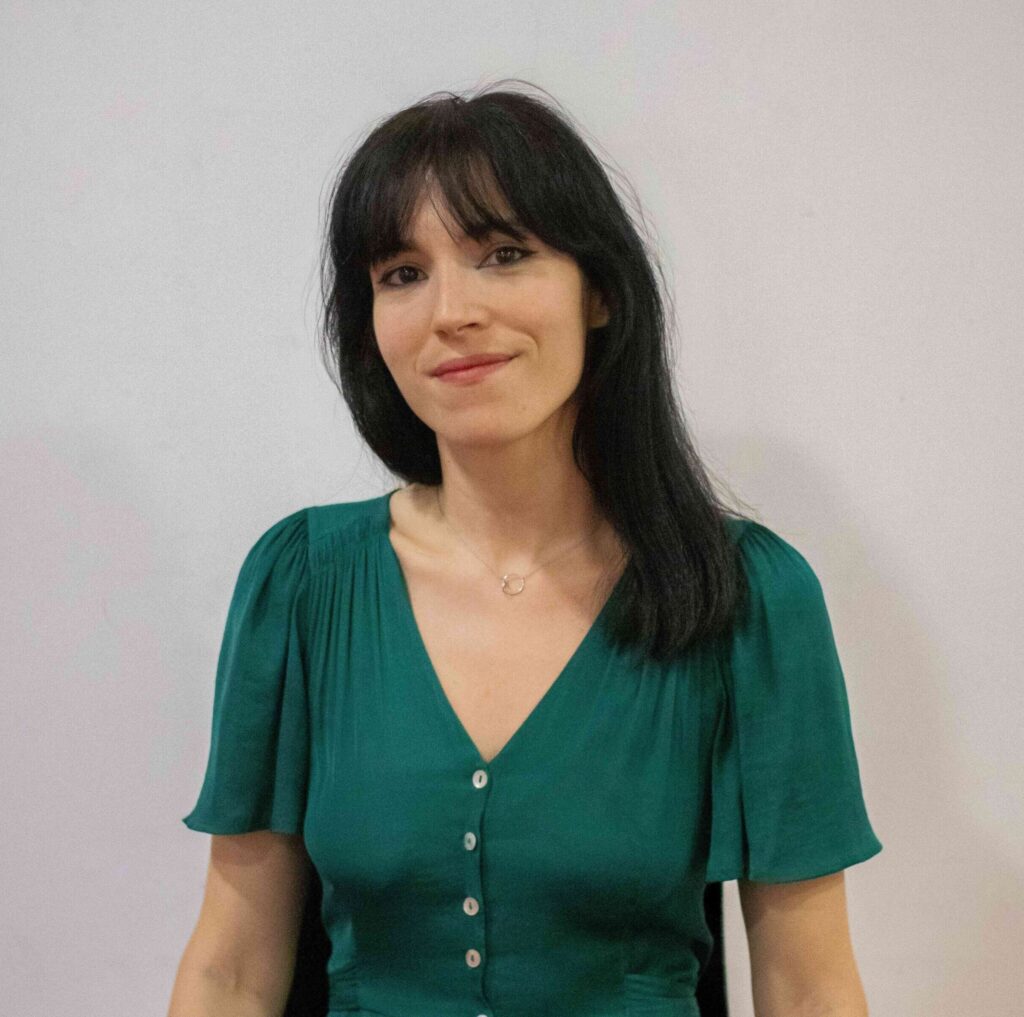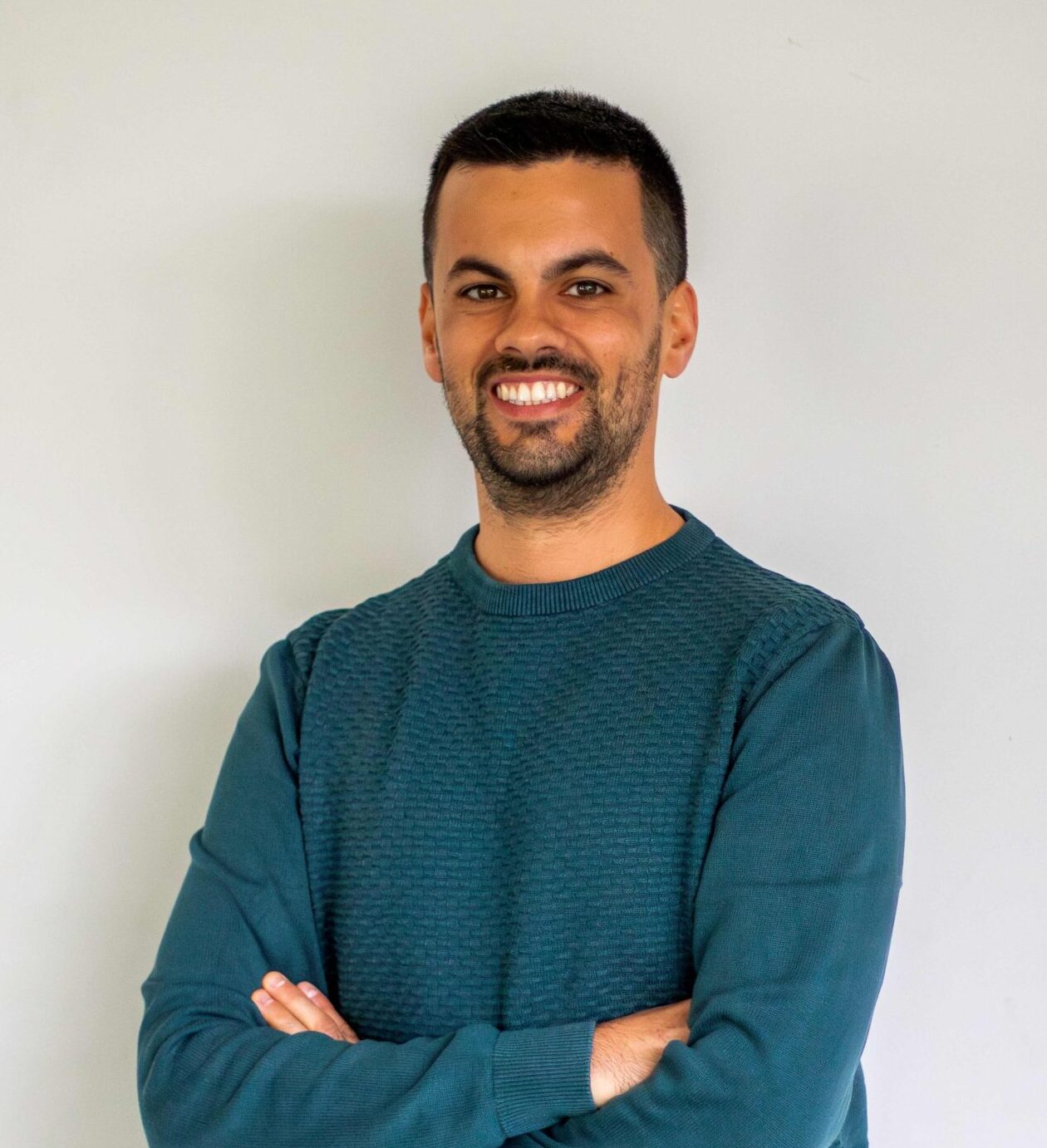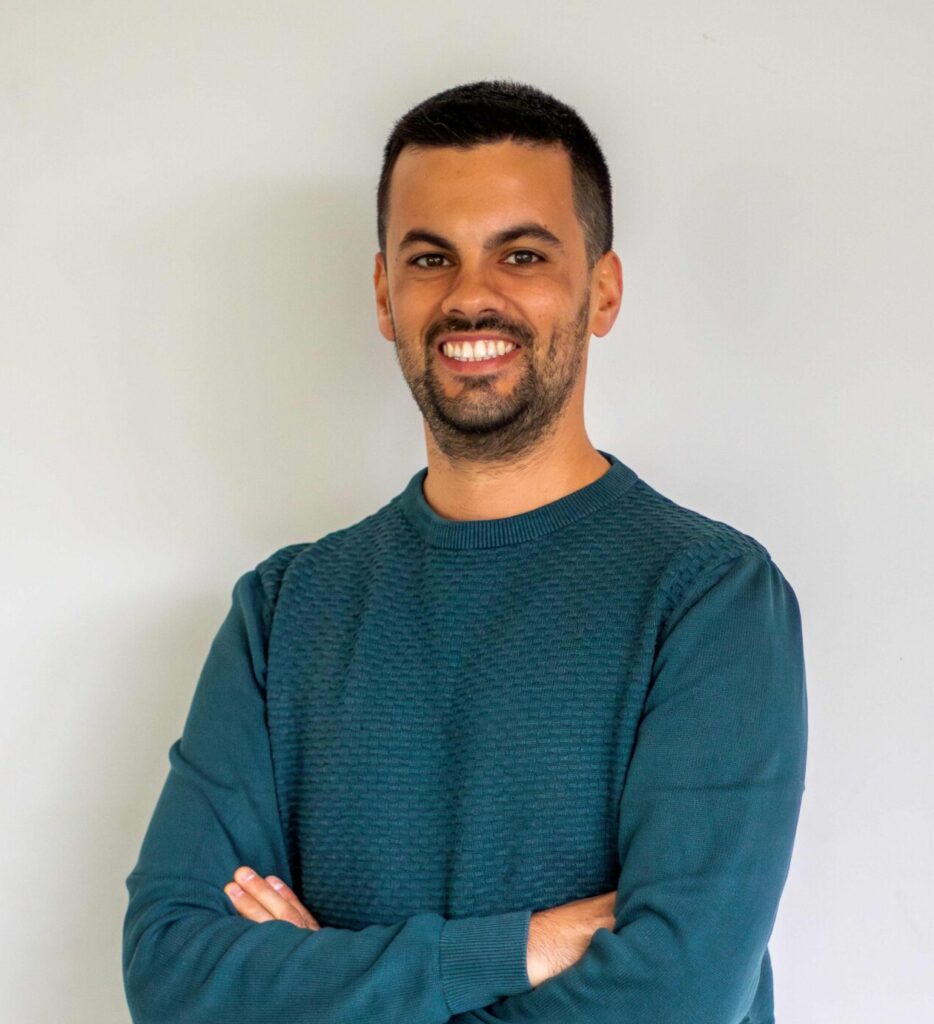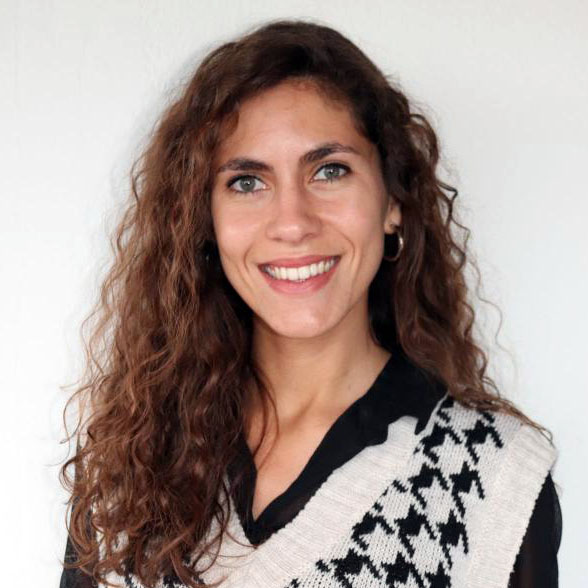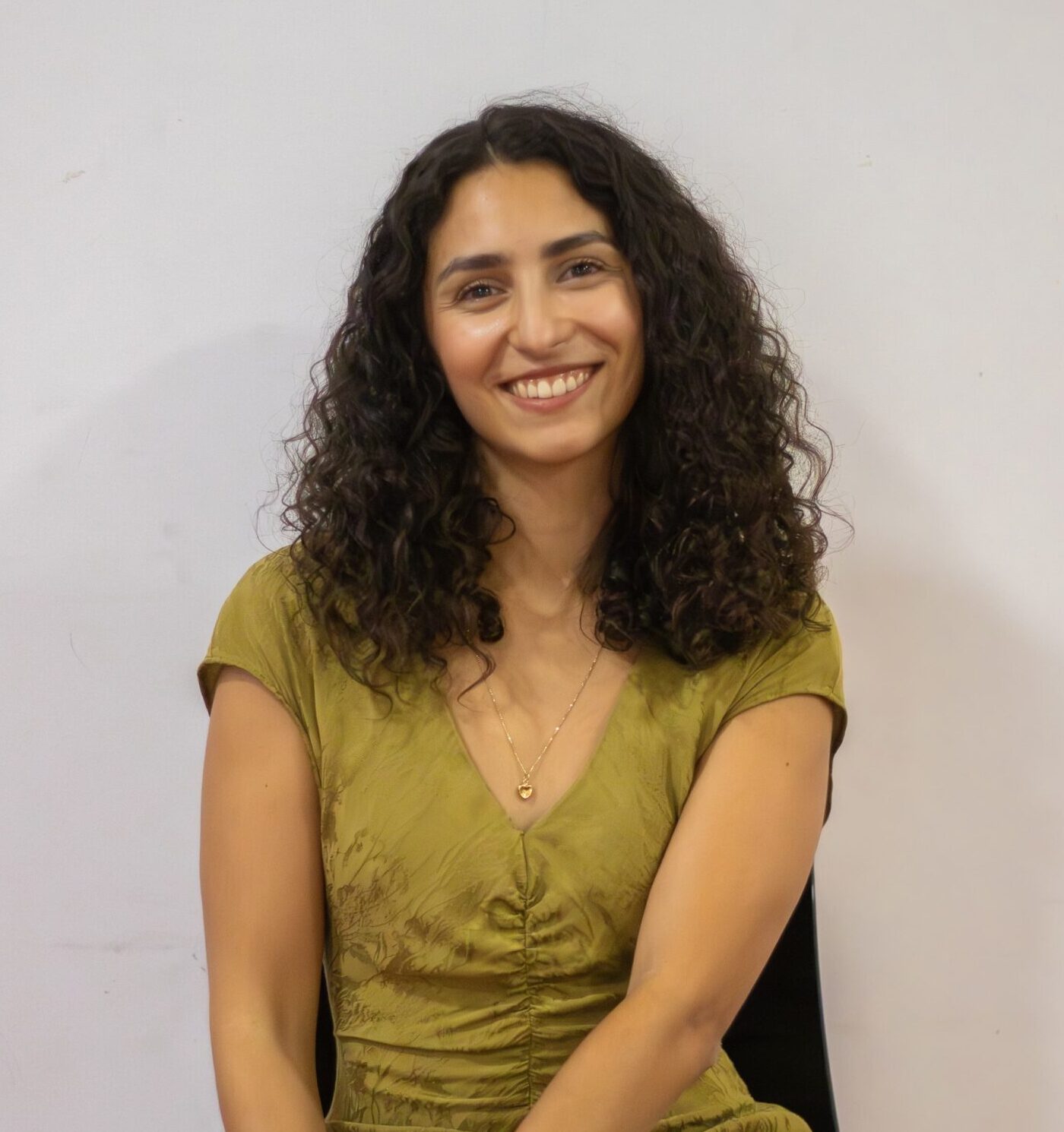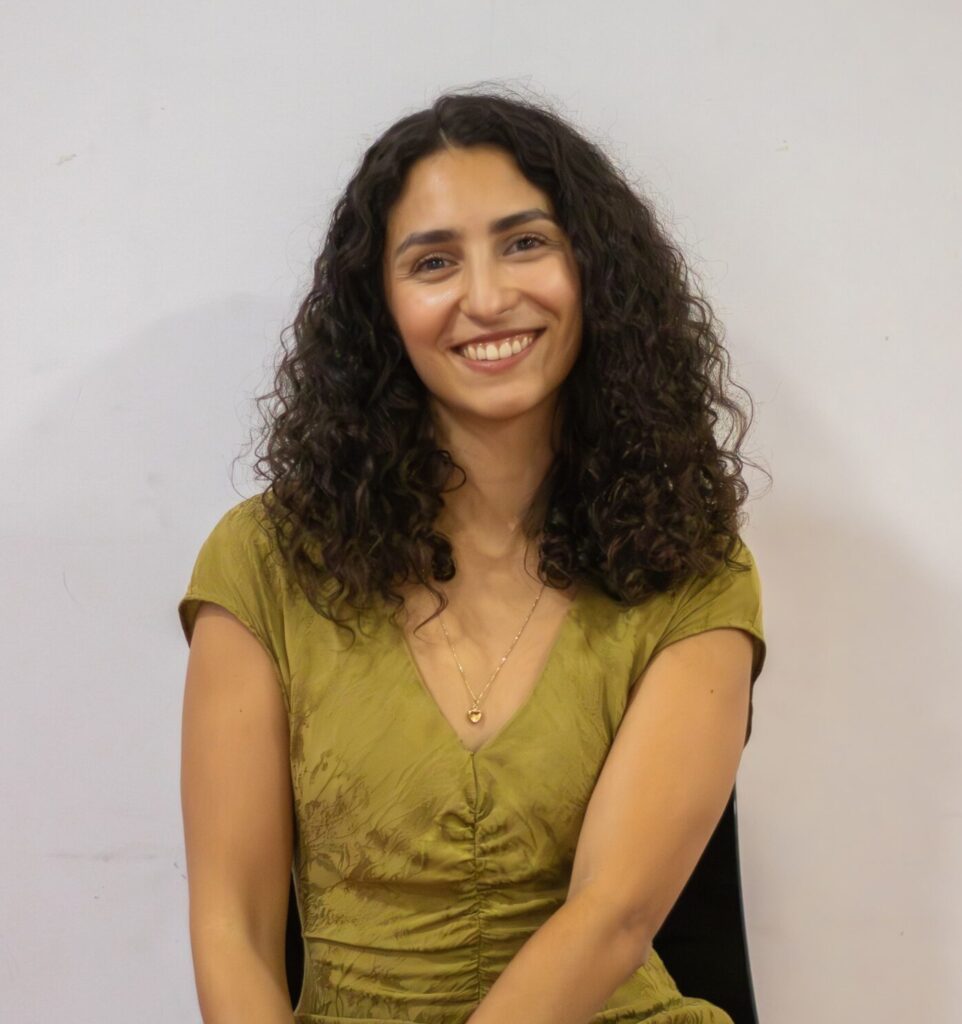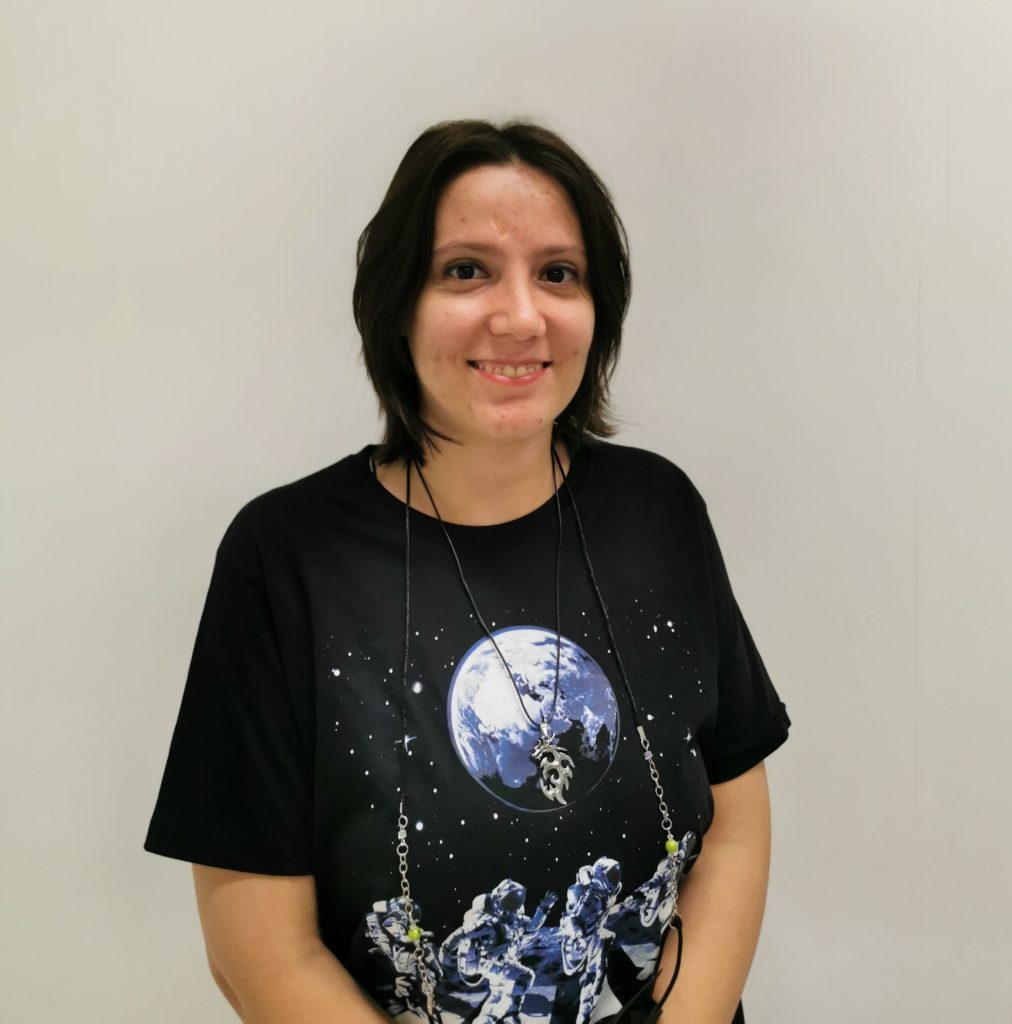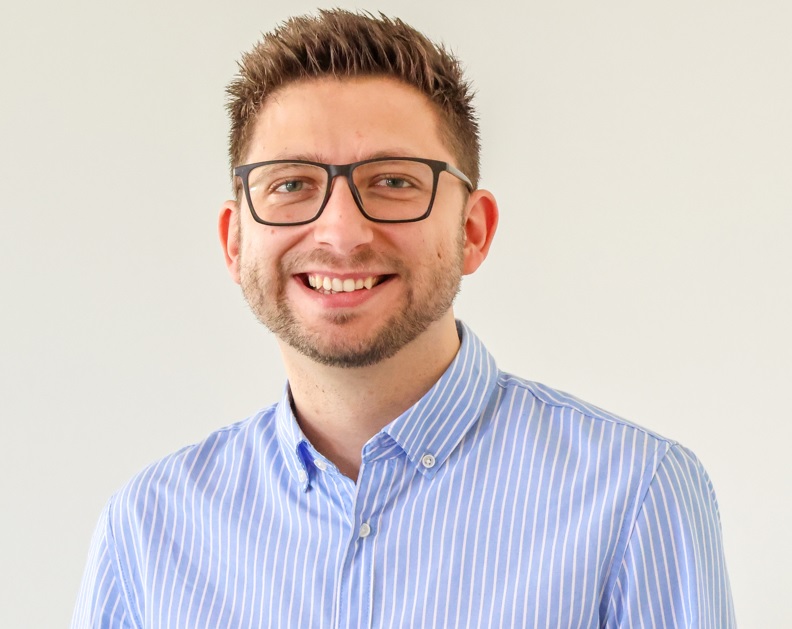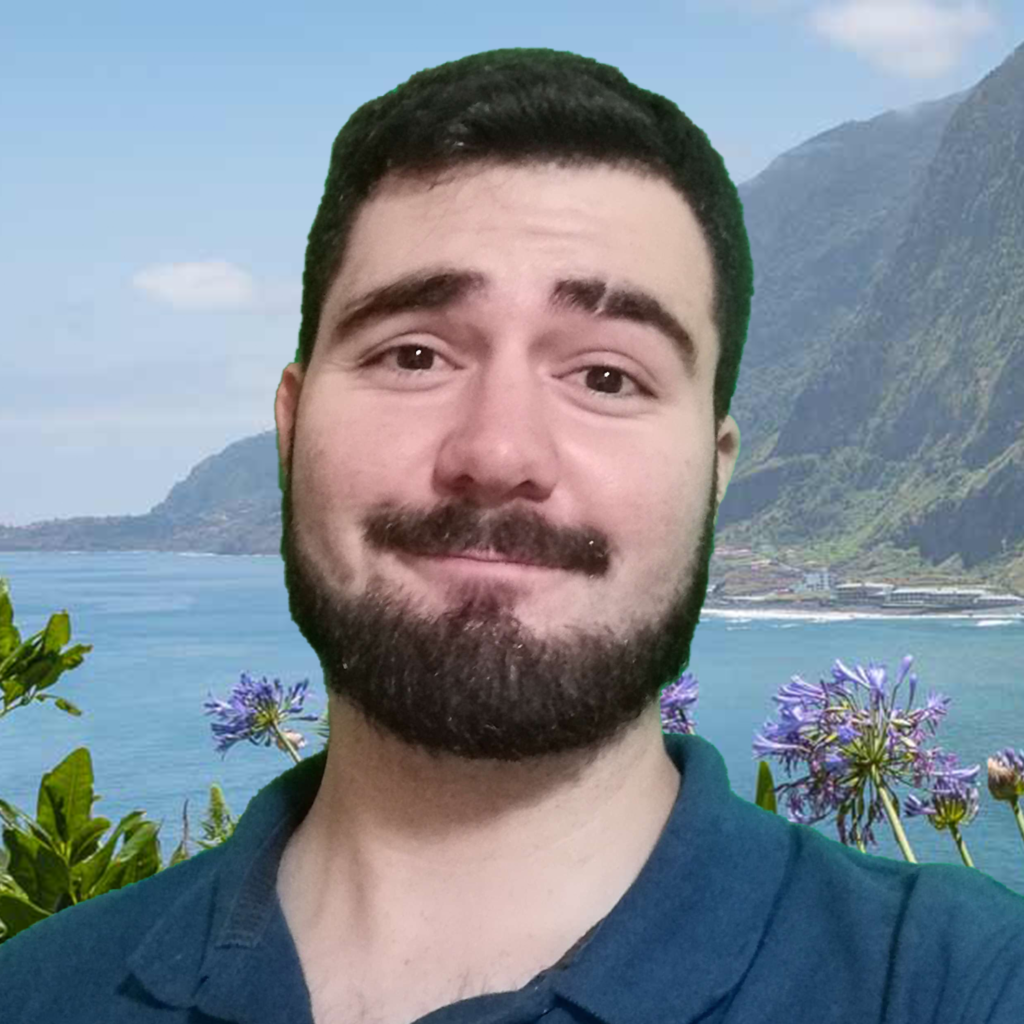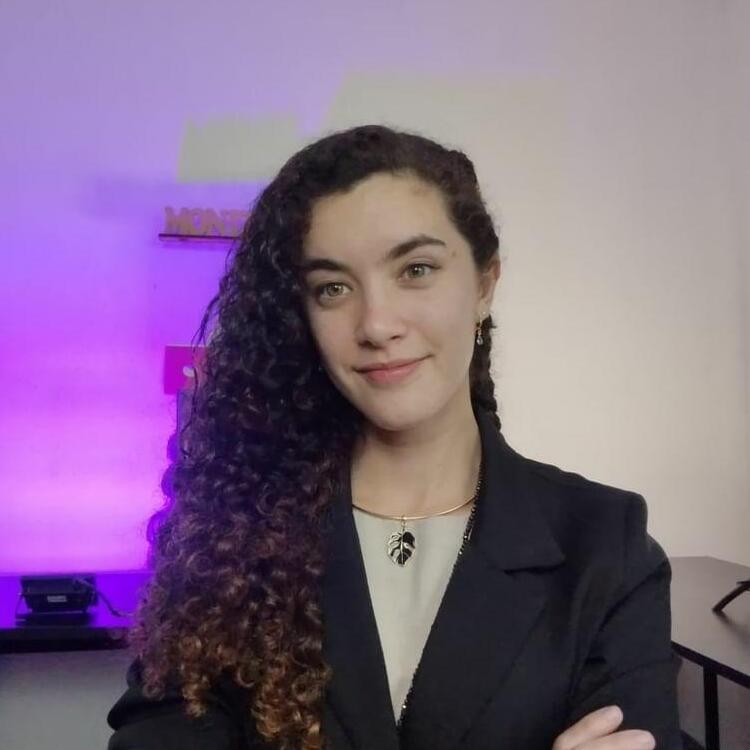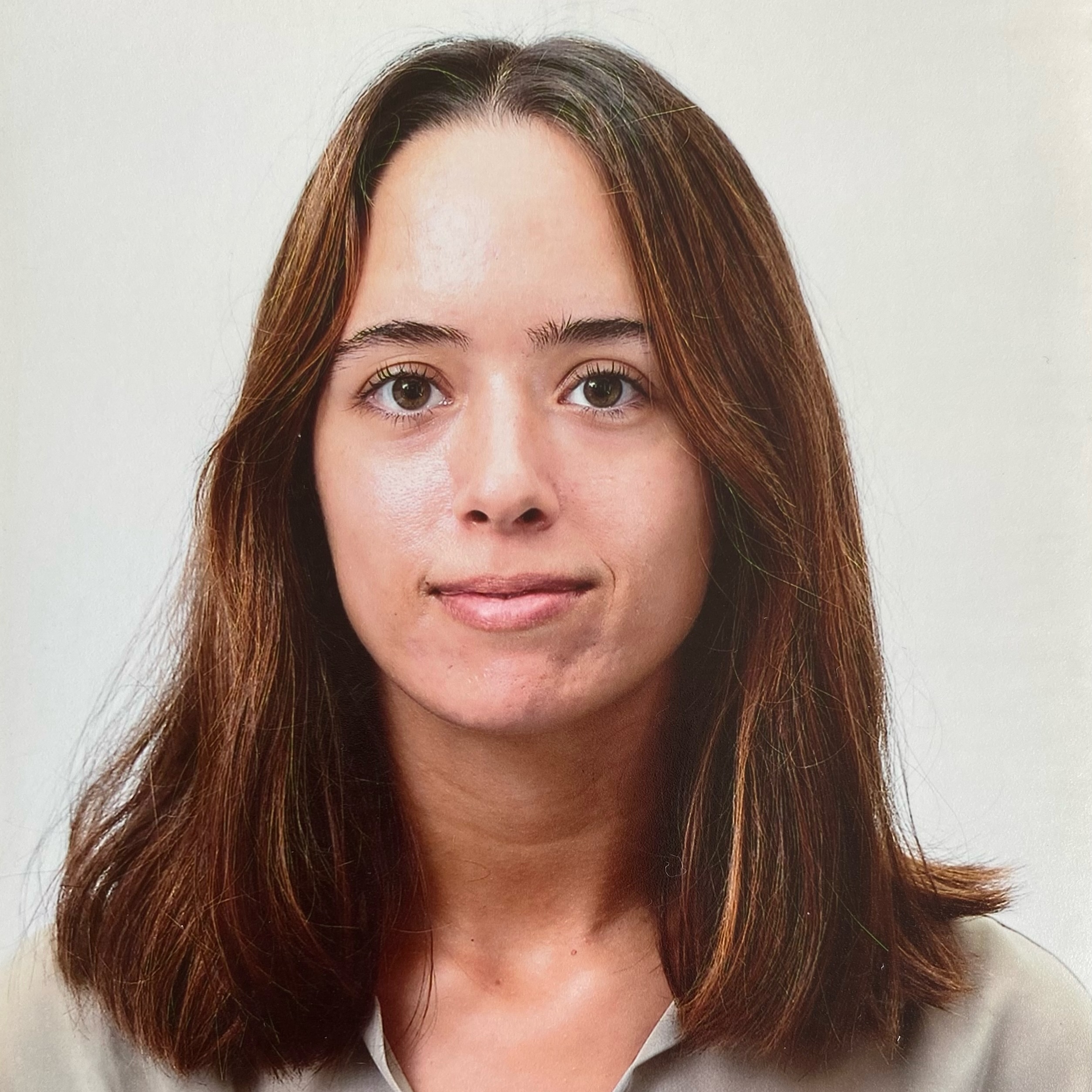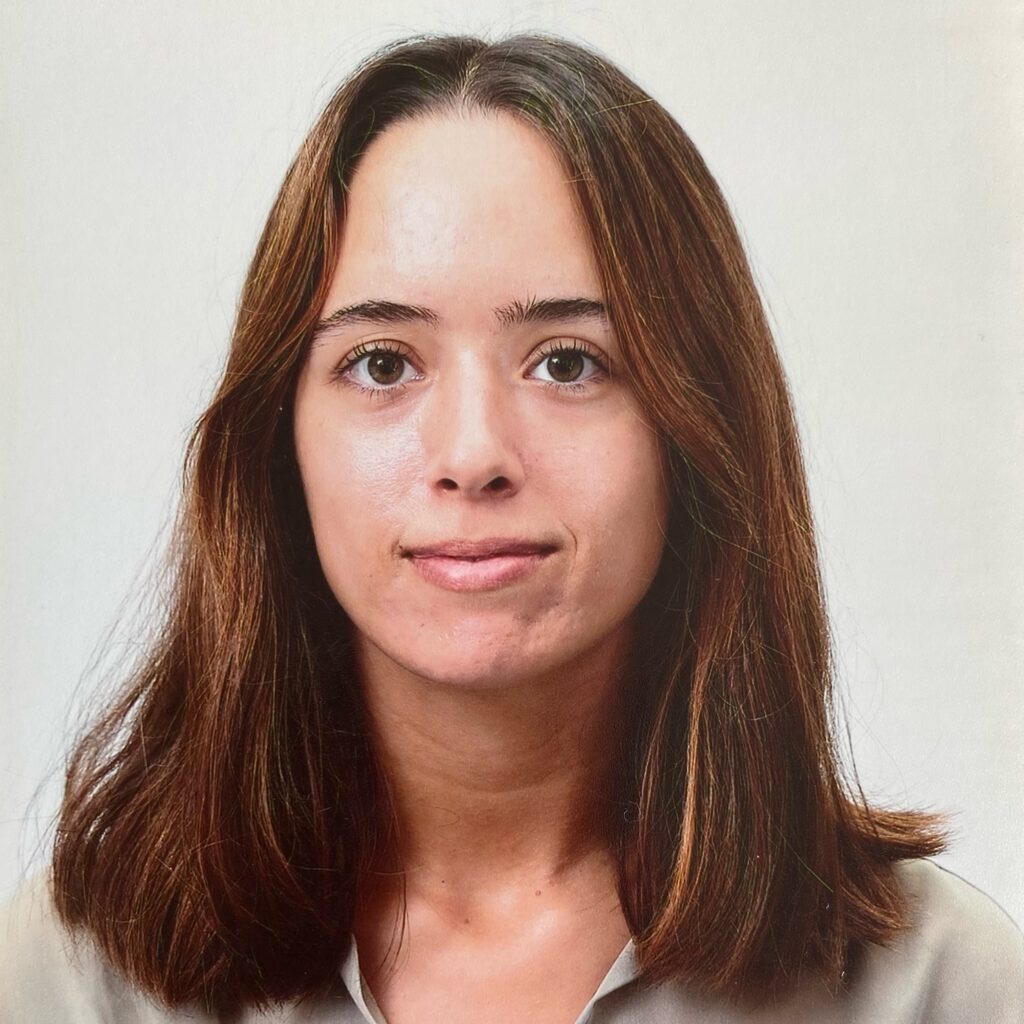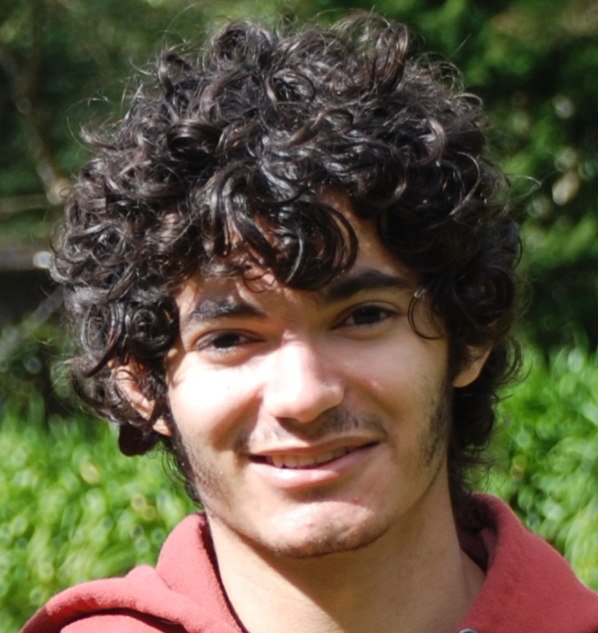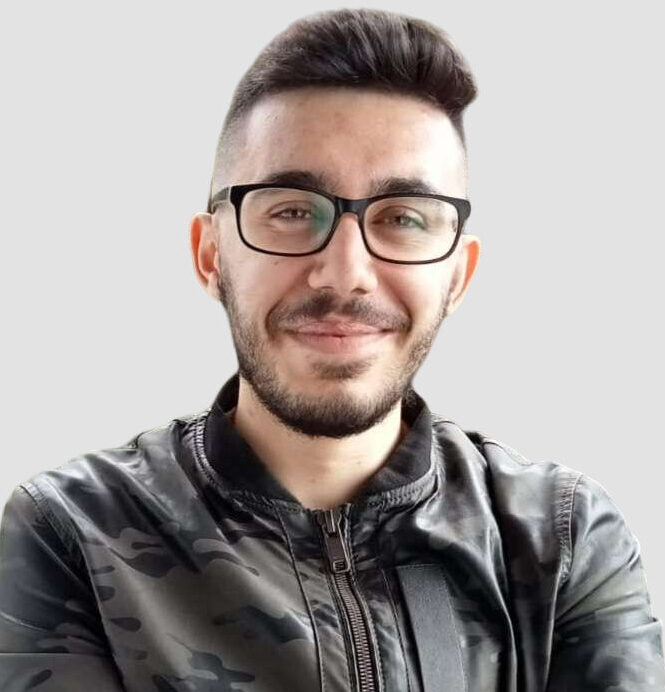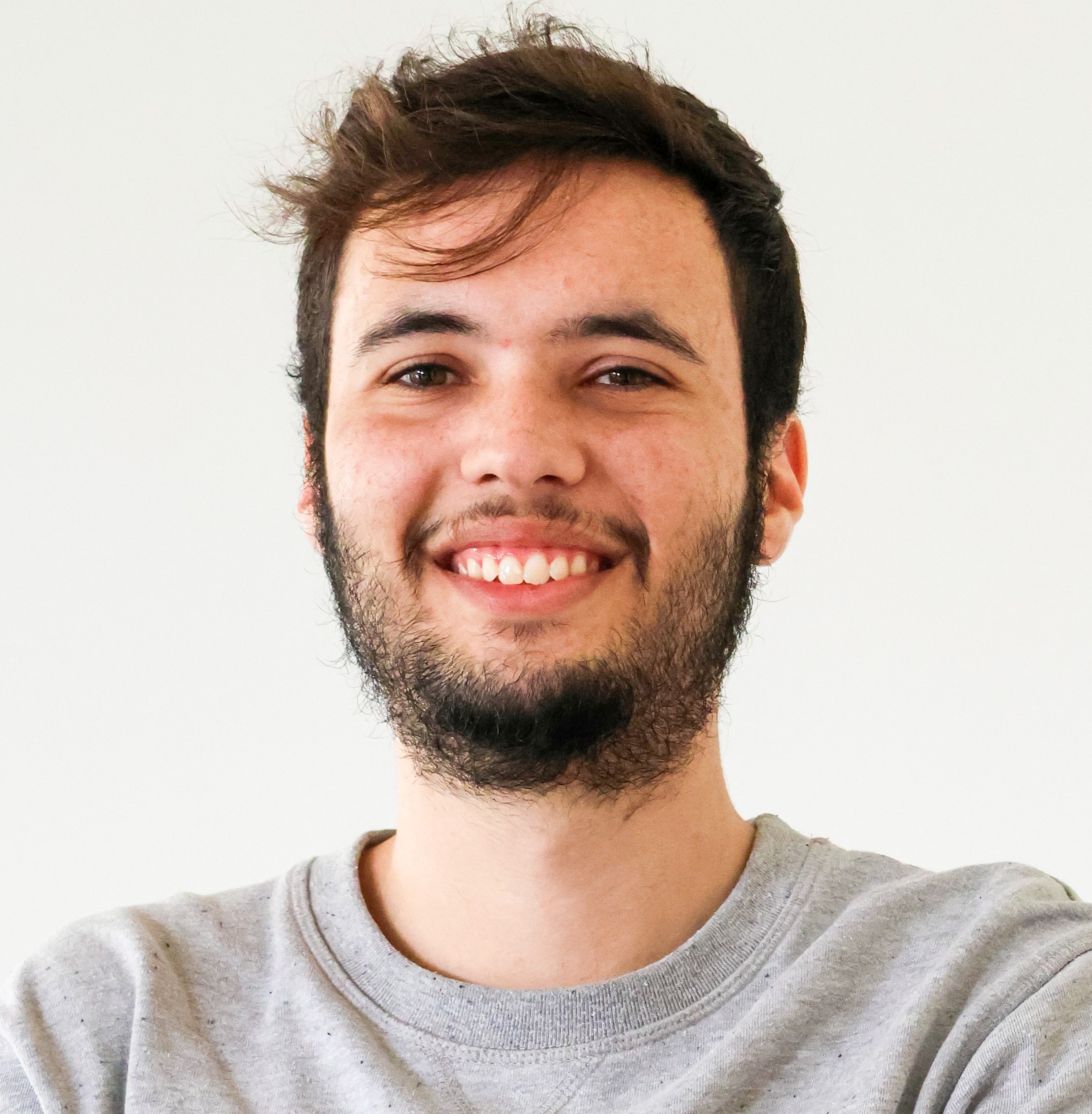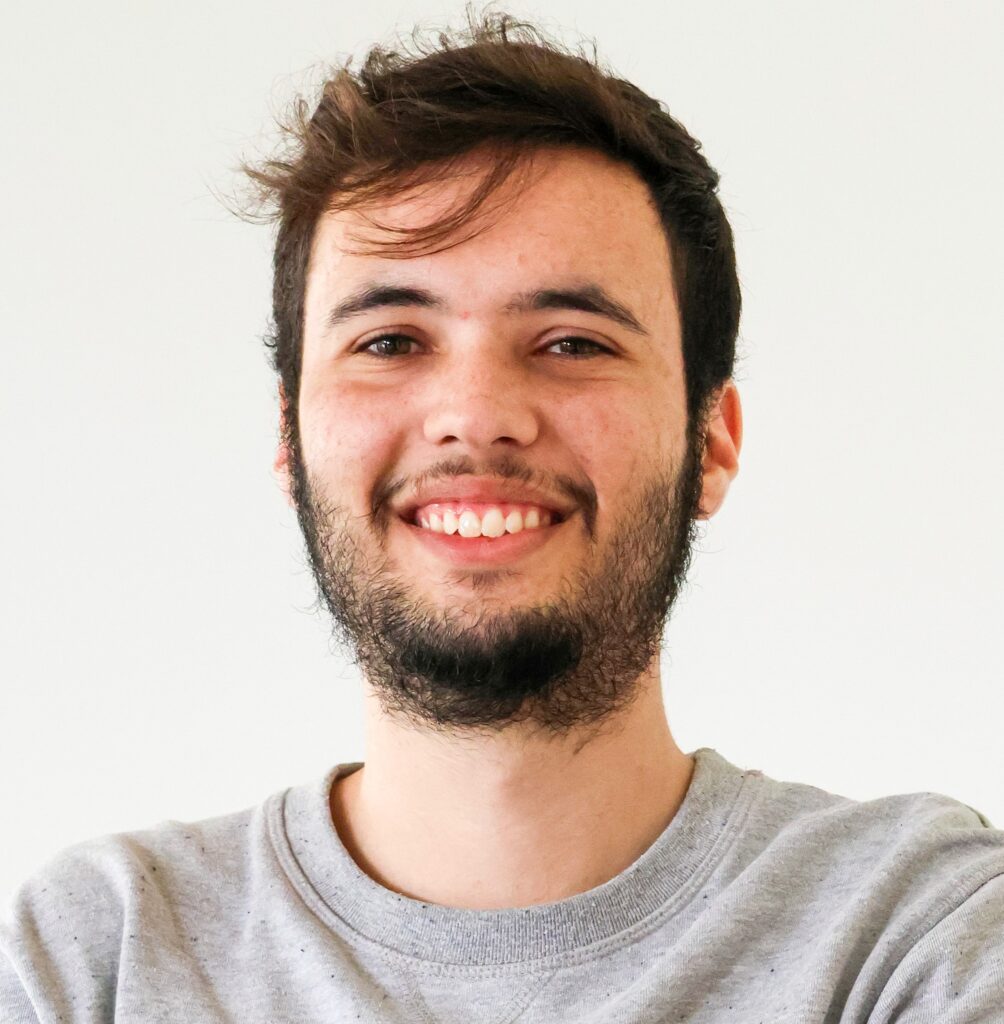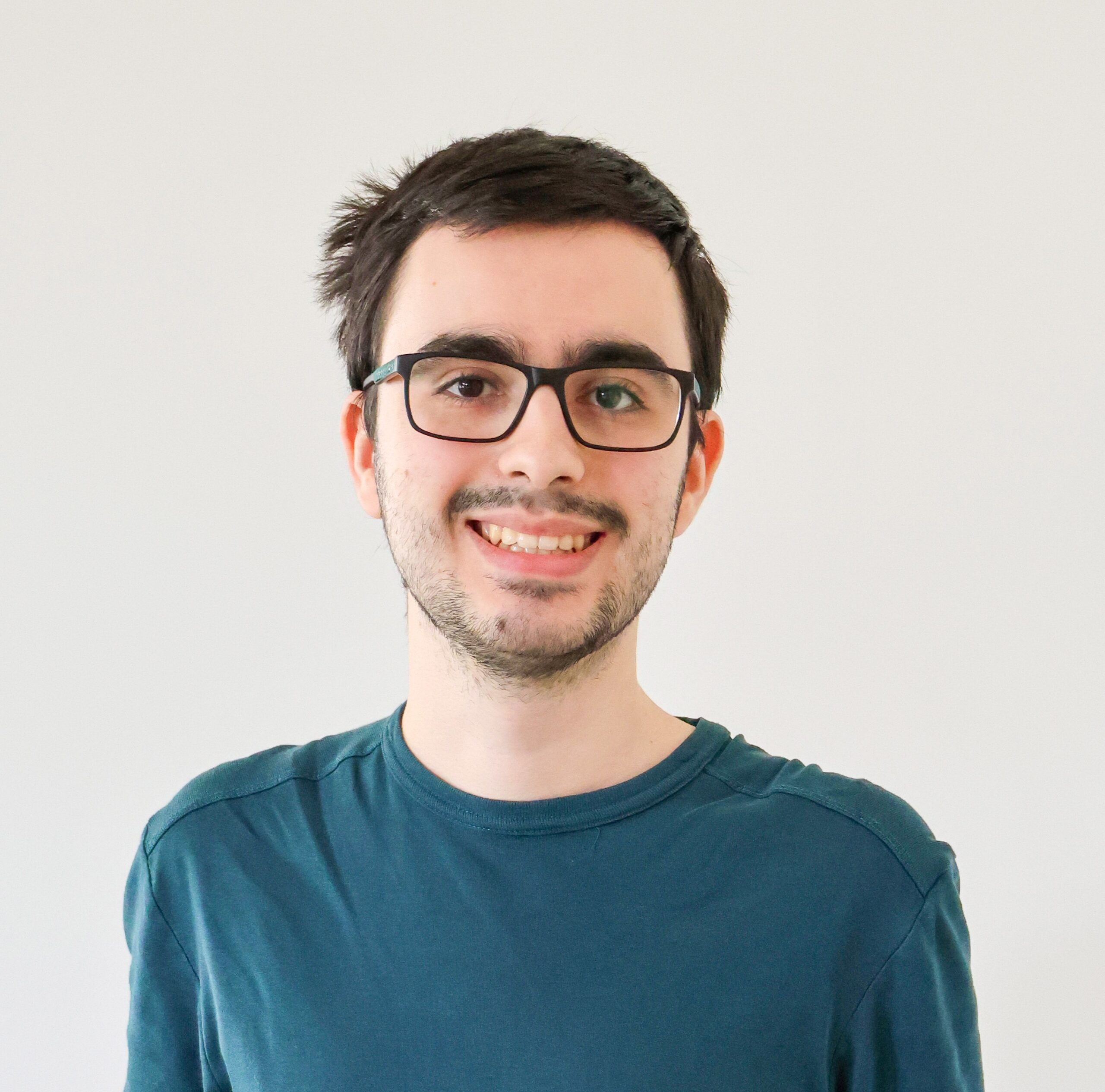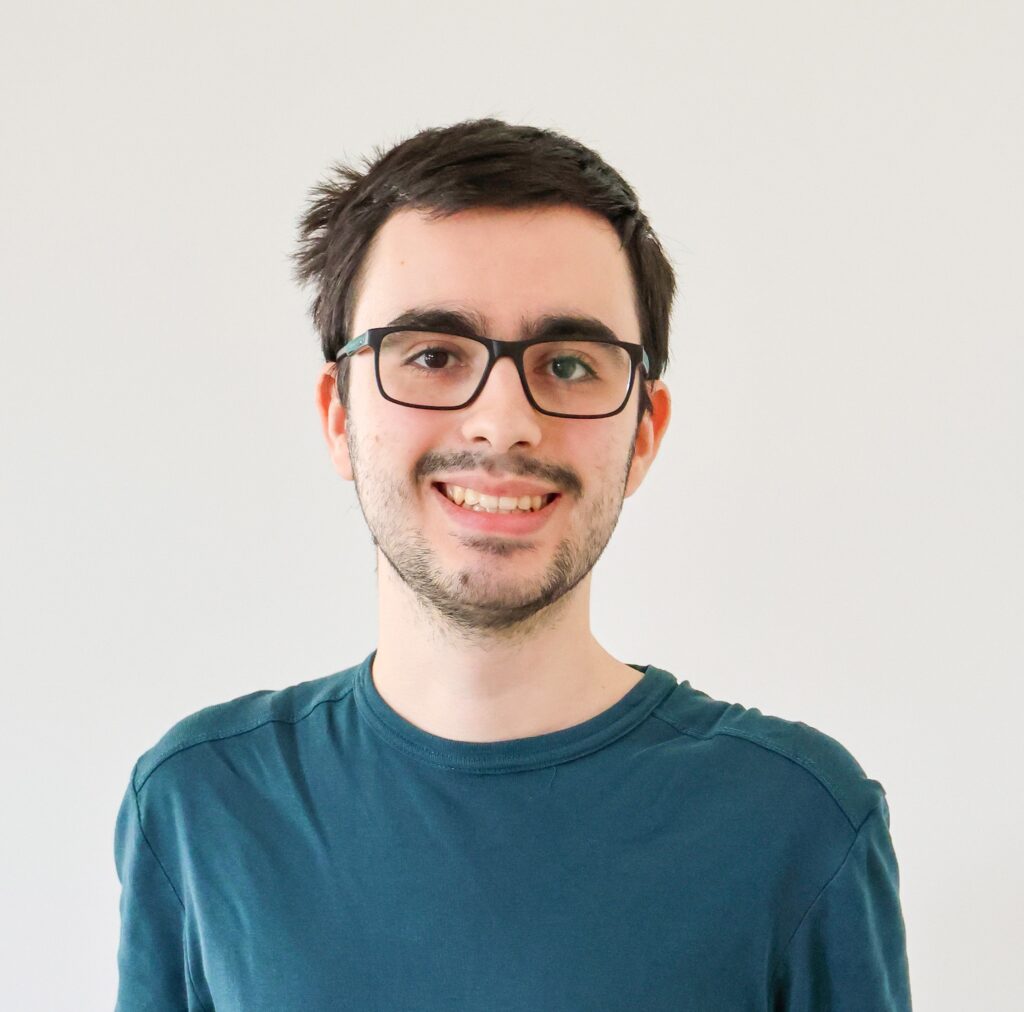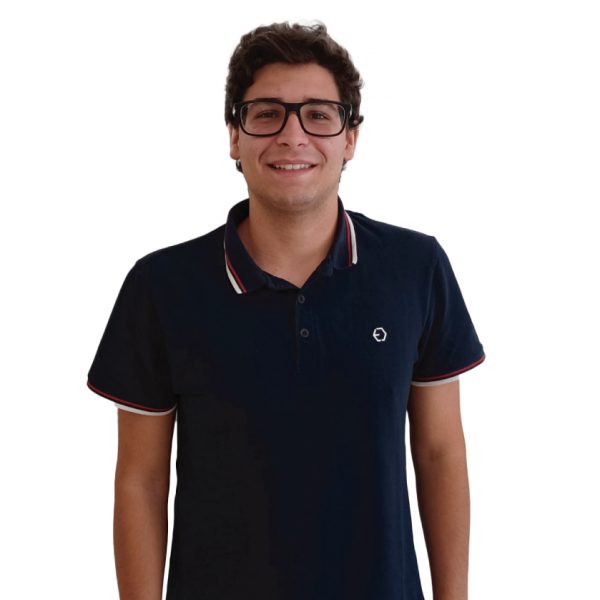Our Team
Sergi Bermúdez I Badia
Currently, I am a Marie Curie fellow at the Madeira-ITI, and assistant Prof. at the University of Madeira, where I teach for the Informatics, Human Computer Interaction and Entertainment Technologies Masters. I received my Msc. in telecommunications engineering from the Universitat Politecnica de Catalunya (UPC) and a PhD from the Swiss Federal Institute of Technology Zürich (ETHZ). I have pursued research at several institutes in Europe and the USA, including the Laboratoire de Production Microtechnique at the EPFL (Lausanne), the Institute of Neuro informatics at the ETHZ (Zurich), at the Institute of Audiovisual Studies at the Tecnology Department of the Universitat Pompeu Fabra (Barcelona), where I was a Juan de la Cierva research fellow and head of the Robotic Systems Laboratory at the laboratory for Synthetic Perceptive, Emotive and Cognitive Systems (SPECS), and the Quality of Life Technologies and Entertainment technology centers of the Carnegie Mellon University (Pittsburgh). My scientific goal is to investigate the underlying neural mechanisms of biological systems and to exploit them using real world artefacts, with special emphasis in neuro-rehabilitation systems, interactive technologies and robots. Past Projects: Rehabilitation Gaming System (AAL/ISCIII PI08/90940), Robot Ecology, NEUROCHEM: biologically inspired computation for chemical sensing (FP7 216916), PRESENCCIA: Presence Research Encompassing Sensory Enhancement, Neuroscience, Cerebral-Computer Interfaces and Application (FP6 IST 27731), AMOTH: A Fleet of Artificial Chemosensing Moths for Distributed Environmental Monitoring (FP5 IST-2001-33066)
Website: http://sergibermudez.blogspot.com
Mónica Cameirão
Mónica is an Assistant Professor and researcher at the University of Madeira (UMa) and integrated member of the NOVA Laboratory for Computer Science and Informatics (NOVA LINCS). She is the current Director of the PhD Program in Informatics Engineering of UMa. In the past she worked as research assistant at the SPECS Laboratory of the Universitat Pompeu Fabra and at the Institute of Neuroinformatics, ETH-Zürich, Switzerland; and was visiting scholar at the Quality of Life Technologies center of Carnegie Mellon University. Since Mónica arrived in Madeira in 2011, she has been co-principal investigator and co-founder of the NeuroRehabLab Research Group, an interdisciplinary research group that investigates at the intersection of technology, neuroscience and clinical practice to find novel solutions to increase the quality of life of those with special needs. Mónica has been particularly involved in the development and clinical assessment of Virtual Reality (VR) technologies for stroke rehabilitation, exploring specific brain mechanisms that relate to functional recovery to approach motor and cognitive rehabilitation by means of non-invasive and low-cost technologies. More recently, Mónica has also been involved in the development of VR solutions for supporting mental health after early pregnancy loss. Her research addresses aspects such as serious gaming and personalization of training. In 2016, Mónica has been awarded the ISVR Early Career Investigator Award, an award granted by the International Society for Virtual Rehabilitation to recognize and acknowledge outstanding contributions by early career scientists whose research relates to virtual rehabilitation. Since 2020, Mónica is a member of the Ethics Committee of UMa.
Ana Lúcia Faria
I am a Health and Clinical Psychologist (Neuropsychology sub-specialty) by Ordem dos Psicólogos with a Ph.D. in Rehabilitation Psychology from the University of Coimbra in 2020. The main outcomes of my thesis were: the development of a new cognitive rehabilitation personalization framework with objective guidelines that were used to create three innovative tools-Task Generator, Reh@Task, and Reh@City and; its clinical validation with stroke patients from Madeira Health Service. In 2015 I was awarded a doctoral scholarship from ARDITI, with host institution M-ITI/LARSyS. During my doctoral studies, I have been involved in an EU project called RehabNet(303891 FP7-PEOPLE-2011). As a post-doctoral researcher, I was in the coordination team of an interdisciplinary project called BRaNT(PTDC/CCI-COM/31046/2017), which addresses the scientific limitations of current cognitive rehabilitation practices through virtual reality games that will allow automatic personalization through Artificial Intelligence approaches. Since 2010 that I teach as invited professor in the University of Madeira.
I published, mostly as first author, 8 articles in peer-reviewed journals such as Journal of NeuroEngineering and Rehabilitation (IF:4.632), Frontiers in Psychology (IF:2.323), Journal of Medical Internet Research RAT (IF:4.945) and Virtual Reality (IF: 3.634). Currently, I am working on a systematic review about the Ecological validity of virtual reality-based technologies for the assessment and rehabilitation of ABI, together with Universitat Politècnica de València researchers. Additionally, I published 1 book chapter and 12 conference articles, some ACM and IEEE. I was awarded a Best Student Paper Commendation in 2014 and 2016 ICDVRAT and Best Student Paper in the 2018 Conference on Applied Psychology and Human Behavior. I have been an active participant, with posters and oral presentations, in relevant clinical meetings, such as the International Congress of Neuropsychological Rehabilitation in ABI (Best Communication prize), the International Neuropsychological Society Meetings, and the European Stroke Organisation Conference.
Fábio Pereira
Occupational Therapist at the Physical Medicine and Rehabilitation Service of SESARAM and Researcher at NeuroRehabLab – ARDITI as PhD student. He completed his basic academic training bachelor’s and Masters’s in Occupational Therapy – Specialization in Gerontology at the Escola Superior de Saúde do Instituto Politécnico do Porto. More recently, in 2017, he started his PhD in Computer Engineering in Human-Computer Interaction. His thesis is on multi-user touch surfaces for promoting social participation and self-efficacy in upper-limb stroke rehabilitation. He also dedicated much of his professional career to intervention with the pediatric population, mainly Autism Spectrum Disorders, but not exclusively.
Ciencia ID: https://www.cienciavitae.pt//pt/DA13-8E08-C979
Research Gate: https://www.researchgate.net/profile/Fabio-Pereira-24
Google Scholar: https://scholar.google.com/citations?user=1zccVfIAAAAJ&hl=en
Luís Ferreira
Ph.D student in Digital Media at Faculdade de Ciências e Tecnologia and Madeira Technologies Institute…
Rita Costa
Research assistant, currently collaborating in the AViR project- Adaptive Virtual Reality for coping with involuntary early pregnancy loss. Master’s degree in Cognitive Neuroscience and Neuropsychology at University of Algarve.
Diana Mendes
I hold a Bachelor’s degree in Arts and a Master’s Degree in Interactive Media Design, and I am currently a Ph.D. candidate in Computer Engineering. In my trajectory I have worked with the power of images, the role of AI and robotics in a transhuman society, and the development of 2D experiences for mental health purposes. Currently, I am expanding my interests and skills by researching and developing immersive Virtual Reality experiences for mental health, with a particular interest in the role of features such as landscapes, virtual agents, and gaming elements in preventive tools.
Diogo Branco
Diogo Branco received his B.Sc and M.Sc degrees in Clinical and Health Psychology from Portucalence University (UPT, Portugal) in 2016 and 2018, respectively. Currently is pursuing a Ph.D. degree in Informatics Engineering with a specialization in Human-Machine Interaction (HMI) at Madeira University, Portugal. His research is focused on HMI, combining technology, neuroscience, and clinical practice to find novel solutions for motor and mental rehabilitation to increase the quality of life of those with special needs. Furthermore, at the core of his research is the development of Virtual Reality Frameworks that, combined with physiological measures (EEG, SCL, and HRV), aims to produce novel tools for researchers and clinicians.
Google Scholar: https://scholar.google.com/citations?user=ur-VgPUAAAAJ&hl=en
ResearchGate: https://www.researchgate.net/profile/Diogo-Branco
CienciaID: https://www.cienciavitae.pt//en/F41F-2FCD-B6FE
André Freitas
Finished bachelor’s degree in Informatics Engineering and started Master’s in Interactive Media and Design
Currently collaborating with CogMap
Linkedin:https://www.linkedin.com/in/andré-freitas-8804b2231/
Yasmim Moniz
Physiotherapist from the University of Mogi das Cruzes (2019) Master in Biomedical Engineering from the University of Mogi das Cruzes (2022) PhD student in Biomedical Engineering from the University of Mogi das Cruzes and participant in the mobility program (sandwich doctorate) funded by CAPES. I work with research that investigates and develops serious music-based games for motor rehabilitation and projects with the application of music-based interventions with an emphasis on the capacity for neuroplasticity. As well as development of complementary software for higher education in the health sector. Registered Games: Moniz Game and Anatomy. Currículo: http://lattes.cnpq.br/3367142607861813 Ciência Vitae: https://www. cienciavitae.pt//E617-DEDD- 14E5 Orcid: https://orcid.org/0000- 0001-6454-9500


